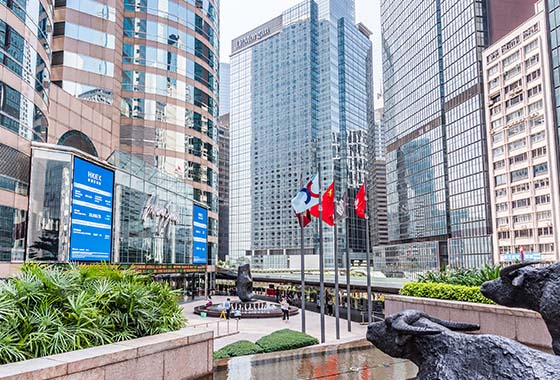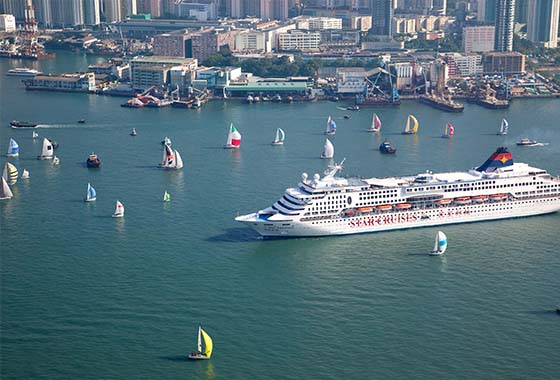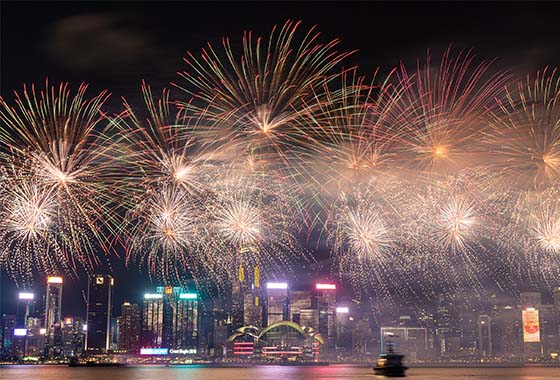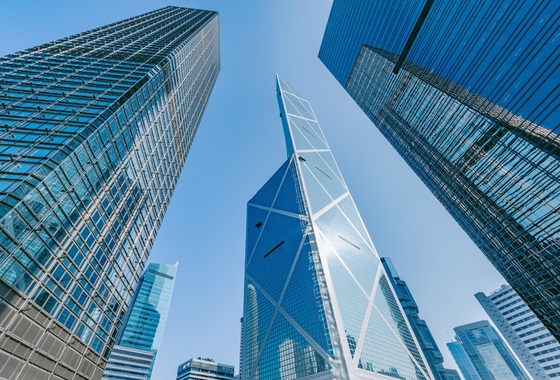Building Hong Kong into a center for mega sports events
This article appeared originally in China Daily on 18 Mar, 2024.
Authors: Kenny Shui, Vice President cum Co-Head of Research, Bubble Lui, Assistant Researcher at Our Hong Kong Foundation
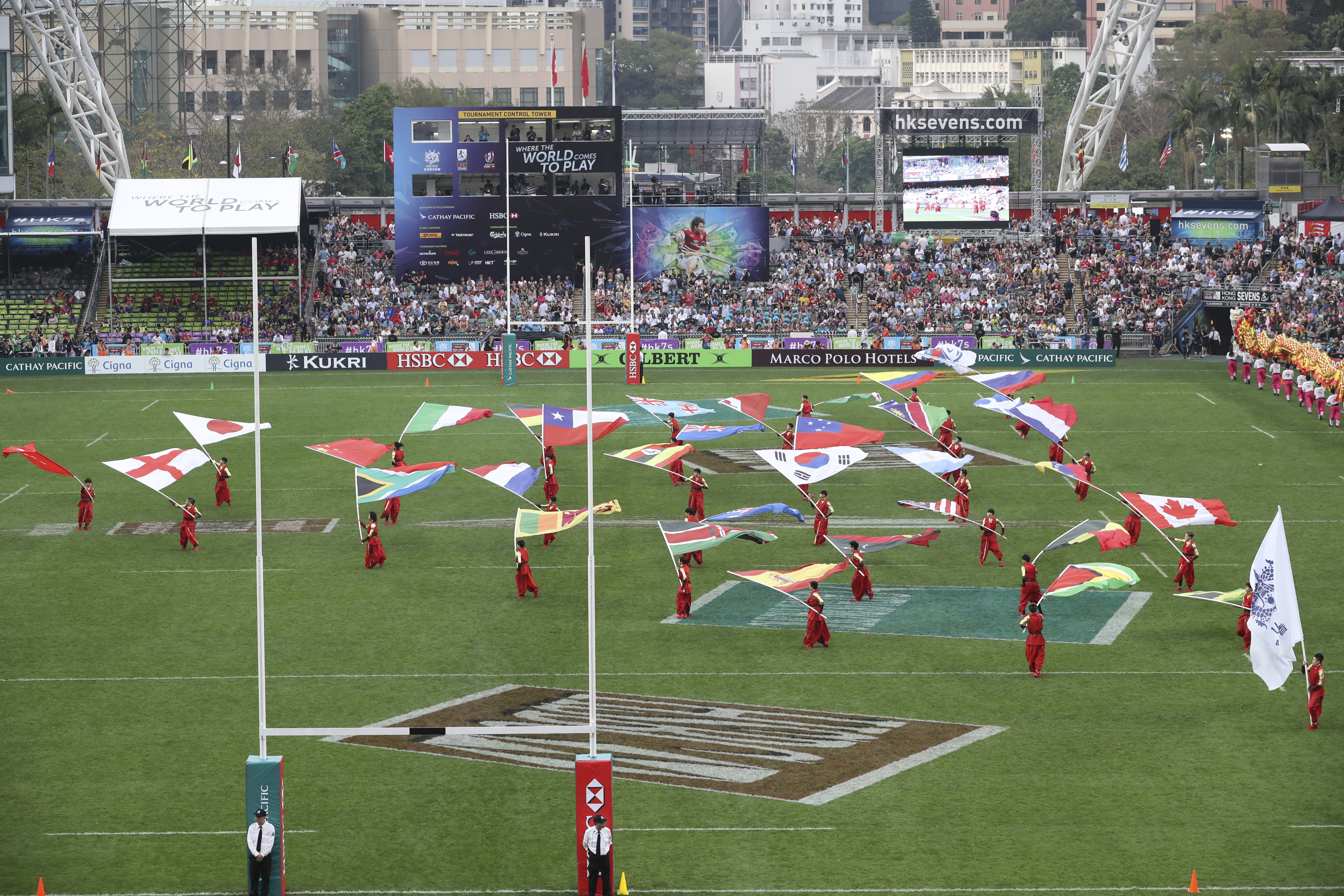
The highly anticipated Tatler XFEST exhibition soccer match between Hong Kong Team and Inter Miami CF, which drew 39,000 spectators on Feb 4, turned into a major controversy in Hong Kong as superstar striker Lionel Messi remained on the bench for the entire match. The public described the event as a "scam" which had raised false expectations and posted unreasonably high ticket prices up to HK$4,880 ($624). Some overseas fans even traveled all the way to Hong Kong for the exhibition match, wasting both time and money.
Successfully held high-profile mega sports events can surely bring enjoyment, promote tourism, attract businesses, and bring economic benefits; but poorly organized ones can affect people's trust in Hong Kong, impact sports tourism as overseas audiences are less likely to attend, and reduce private sector sponsors' trust and their likelihood of funding future sports events.
Although the Hong Kong Special Administrative Region government's main role in this episode was through the "M" Mark System support, it is of the utmost importance that the government learns from this experience and strengthens measures to ensure the smooth organization of such events in the future. A few critical questions were raised in the evaluation of the current system and require the government's attention.
Is the ‘M' Mark System sufficient?
The "M" Mark System was launched in 2004 to support major international sports events in Hong Kong by granting eligible events the "M" Mark status and funding support of up to a HK$15 million matching grant (if needed). Notable events include the Hong Kong Sevens and the Standard Chartered Hong Kong Marathon.
Last year, the system was enhanced to allow private or nongovernment organizations, alongside National Sports Associations (NSAs), to apply for funding. However, the past two major events staged by private organizations were not entirely successful. In addition to the recent Inter Miami CF exhibition match, the FIA World Rallycross Championship in November 2023 faced technical issues that led to delay and the rallycross was shortened, causing great disappointment.
The "M" Mark System could be enhanced through improved application, evaluation, and support mechanisms for private organizations. This includes 1) establishing a better evaluation mechanism of the organizer's experience in staging sports events and providing relevant support. International organizations or those new to the sports sector might be unfamiliar with the government's logistics and applications. For example, they might be unsure of the time needed to apply for relevant licenses and negotiate with different departments. In this case, more tailored support should be actively provided, such as suggested timelines and helping to facilitate cross-department coordination; 2) including more requirements during the application process. For instance, requiring the applicant to include refund mechanisms in their terms and conditions and involving more legal professionals specialized in sports when the event involves critical contracts.
Should the government be directly involved in these mega events?
The organizer (NSAs or private organizations) is mainly responsible for planning and organizing sports events in Hong Kong. However, in some regions, governments actively engage in organizing some high-profile sports events. For example, the Singapore Tourism Board is the lead government agency for the F1 Singapore Grand Prix and works with the private race promoter on relevant issues. The Singapore government also co-funds 60 percent of the approved costs of the event. The Tokyo Metropolitan Government co-organizes the Tokyo Marathon 2024 with the Japan Association of Athletics Federation. Referencing these overseas examples, the HKSAR government should consider stepping up its involvement in high-profile mega sports events to facilitate coordination and smooth organization of these events.
Any other risk management measures needed?
It is critical to work on rebuilding trust with private sector sponsors and the public. Hosting major sports events is a big investment. It is unsustainable to rely on public funding, so private sector sponsorship is critical to expanding Hong Kong's role as an event capital. This single, minor "Messi accident" should not affect future funding or the perception of Hong Kong's sports events. The government should communicate with private sector sponsors to clarify the accident while improving the "M" Mark System to safeguard their investments.
At the same time, sports events are impossible without fan engagement. Therefore, active communication with the public regarding the event through press releases, social media, and public forums or consultations is also recommended.
Future directions to expand mega sports events in Hong Kong
In the long-term, to ensure sustainable hosting of major sports events and maximize economic impact, the government should consider enhancing the following measures.
First, enhance the sport's sector talent pool. Despite the government's active revitalization of the mega events economy and the upcoming opening of the Kai Tak Sports Park, there is a lack of relevant talent, including sports marketing professionals, sports writers, events managers, and sports lawyers.
Second, the government could strategically coordinate event schedules to create synergies. For example, a major business conference can be followed by major sports events, thereby encouraging delegates to extend their stay in Hong Kong to maximize economic impact.
Last but not least, the government should take the lead in coordinating businesses to offer "hotel + event" bundle tickets, including tickets to mega sports events, hotel accommodation, various tourism experiences, and attractive price discounts, to enhance the appeal of and encourage participation in mega events.
Hong Kong's sports events are full of possibilities. Annually held mega sports events including the Hong Kong Sevens, Hong Kong Tennis Open, and FIVB Volleyball Nations League have had long, successful histories. bringing enormous benefits to society. With experience, collective efforts, and policy support, Hong Kong will be able to bring sports events to the next level and fully realize a vibrant, exciting mega event economy.
